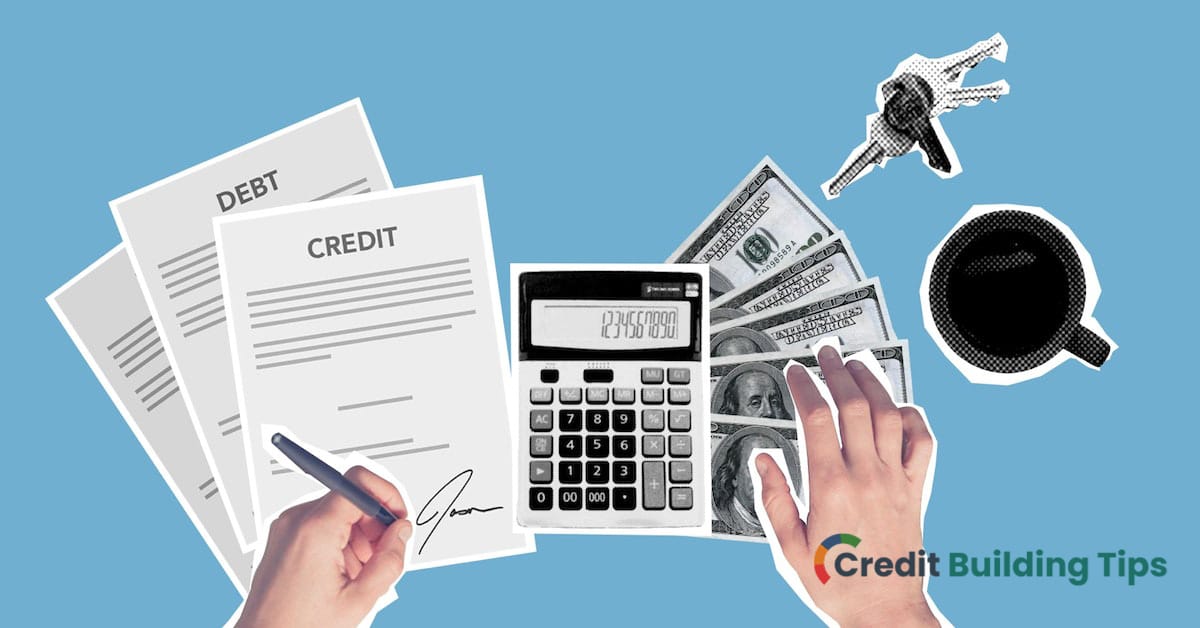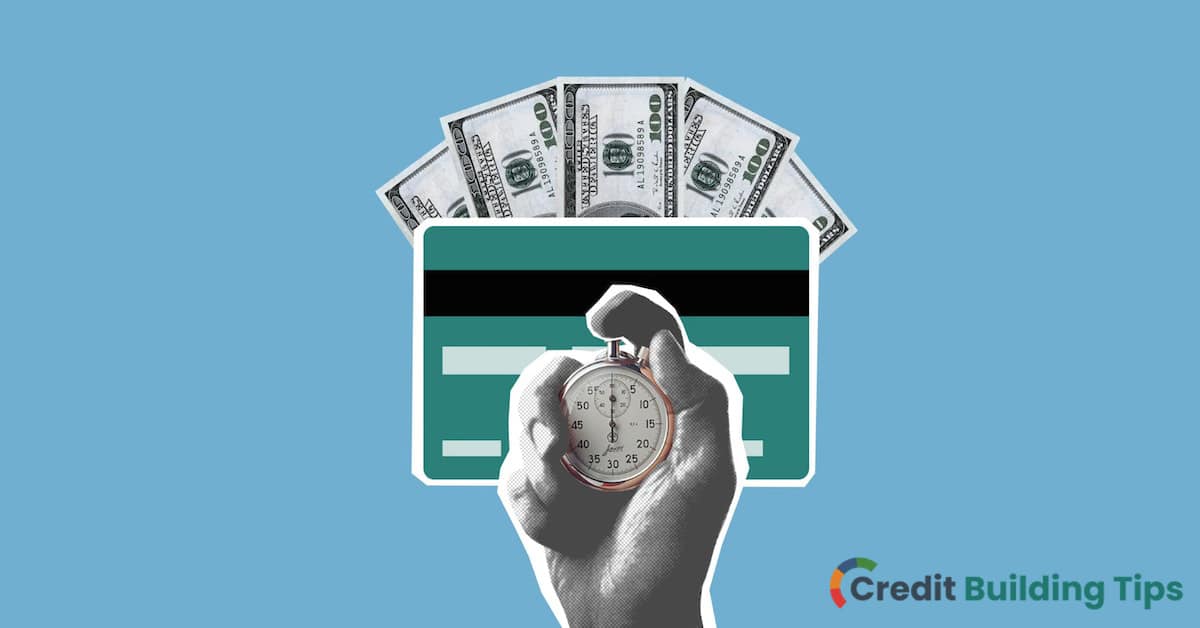Having one (or more) of your accounts sent to collections can have a big impact on your credit. If you need a good credit score for an upcoming loan application, you might be wondering: can you have a 700 credit score with collections?
The answer is: it depends.
 Maintaining a 700 credit score is technically possible even if you have collections. That being said, most collection accounts are going to have a significantly negative impact on your credit score, particularly when the accounts were opened recently.
Maintaining a 700 credit score is technically possible even if you have collections. That being said, most collection accounts are going to have a significantly negative impact on your credit score, particularly when the accounts were opened recently.There are a few types of collections accounts that aren't factored into credit scores using some credit scoring models. On top of that, several variables will influence how much of a drop your score experiences due to having a debt in collections.
When a collection agency opens an account, it will report the account to at least one of the credit bureaus, if not all three.
Collections accounts on your credit report are almost always going to negatively impact your credit. Though more recent FICO and VantageScore credit scoring models ignore paid collections accounts, older models will still incorporate paid collections as a negative mark.
When one of your debts goes to collections, it will most likely damage your credit score. Even when you have paid the debt, it can continue to hurt your credit, depending on the credit scoring model being used.

Obtaining a credit score of 700 or more isn't technically impossible with a collection account on your report, but it's also not common, particularly if the collection account is new. There are a number of factors that will influence how much of an impact a debt in collections will have on your credit score, including:
How much a collections account makes your credit score drop will depend on a number of factors, including those listed in the previous section. However, it's worth understanding that having a debt sent to collections could reduce your score by more than 100 points.
It might seem unfair, but the better your credit score was to start out with, the more a debt being sent to collections will hurt your score.
For example:
That being said, many debt collectors will wait a specific period of time before reporting to the credit reporting agencies. This means that if the collections account is new it may not have been reported to the credit bureaus yet.
It's not a guarantee that you'll be able to settle the debt before it ends up on your credit report. However, if you've just received your first notice, it could be worth trying to determine whether you can pay the debt and avoid the collection account showing up on your credit file.
When a collection account appears on your credit report, it means that you defaulted on a loan. Though some creditors have their own in-house collection departments that will try to recoup the money they lent you, many will charge off the account. The debt was either consigned or sold to a collection agency by the original creditor.
When a collection account is reported to the credit bureaus, it can stay on your report for seven years. Though practices can differ between creditors, unpaid debts are often sold to collections agencies when a debt goes unpaid for about six months.
The original creditor passes the debt to a third party in order to try and recoup as much of the debt as possible.
Leading up to a debt being sent to collections, you will have missed a certain number of payments on the debt. These will also show up on your credit report as derogatory marks.

There are a number of different types of debt that can be sent to collections, including:
Both VantageScore and FICO credit scoring systems will take collection accounts into their calculations when determining your credit score.
A collections account is considered a part of your payment history, which is the category with the heaviest weight when it comes to your score. This means that an individual that has collections on their credit reports will most likely have less favorable credit scores when compared to individuals that don't have any accounts in collection.
Having a debt in collections will likely negatively impact your credit scores. Even paid collections can remain on your credit reports for seven years. However, the severity of the affect on your credit scores will diminish over time.
Having a collections account on your credit report won't just damage your scores, though-- it can also influence lender decisions down the road. If you're planning on applying for a mortgage, car loan, or credit card, that debt in collections might sully your chances. As an example, Fannie Mae will require applicants to pay off debts in collections before closing on a home loan in many instances.
We'll dive into this topic a little deeper in the next section.
Whether or not paying off your debts in collections will improve your credit score depends on the credit scoring model that is used to calculate your score.
For example, the newest FICO and VantageScore versions ignore collections that no longer carry a balance. This means that you might see an improvement in your VantageScore 3.0, VantageScore 4.0, and FICO 9 score after paying off debts in collection. However, if you are looking at a credit score that is calculated using an older model, paying a collections account won't improve your score.
You might assume that all creditors and lenders will use the latest models for calculating credit scores, but this actually isn't the case. For instance, mortgage lenders tend to use older credit scoring models, which will penalize you even for paid collections accounts.
If you're considering applying for a mortgage and you're wondering how your collection accounts will impact the score that lenders see, it's a good idea to check out your FICO 8 score. This will help you better understand the numbers a lender will encounter when looking at your credit score.
Though collections accounts aren't usually good news for your credit scores, the impact can depend on the type of account. In fact, some types of debt collection accounts might not have any effect on your credit score at all.
Collections accounts will stay on your credit report, in many cases, for seven years even after you've settled them or paid them in full.
Paid collections were used in older credit scoring models, but they no longer figure into the following versions of FICO and VantageScore:
While this might sound like good news, it's worth noting that not all lenders and creditors use the latest credit scoring models. In fact, accounting to Nerd Wallet, FICO 8, which does penalize paid collections accounts, is used in most credit decisions.
According to the Kaiser Family Foundation, there are more than 100 million Americans that are struggling to pay medical bills. In an attempt to give consumers a little bit more breathing room when it comes to repaying their debts, Experian, TransUnion, and Equifax have made big changes to their medical debt reporting policies.
These types of medical debts won't show up on your credit report anymore:
FICO 9 and VantageScore 3.0 and 4.0 also don't put as much weight on unpaid medical debts in a collection as they do on other types of debts in a collection.
While unpaid medical debt can still negatively influence your credit score, these changes can help reduce the impact of medical bills on many Americans' credit scores.
Also known as "nuisance" accounts, FICO Score 8 and later models don't incorporate small-dollar collections. Essentially, collections account for debts less than $100 won't factor into your score if you're using a more recent FICO scoring model.
Though FICO and VantageScore calculate credit scores in slightly different ways, there is a collection of factors that will impact your credit score using either model. As we look at how each score is calculated, you'll see a number of similarities between the two models.
There are five primary factors that go into calculating your FICO Score. As the most widely used and popular credit scoring model, it's worth watching your FICO Score.
The FICO credit scoring model is used in lending decisions more often than your VantageScore, so it's worth keeping tabs on your score and understanding how it is calculated.
The main factors that impact your FICO score are:
VantageScore uses similar but not identical categories to calculate credit scores. Starting with the most influential to the least influential, here are the factors:
Is 700 a good credit score? Is dropping below 700 a problem?
The answer depends on whether FICO or VantageScore calculates your credit score and which version of each model is used.
The base range for FICO Scores is 300 to 850.
Here is the breakdown from poor to exceptional:
There are a number of different types of consumer credit scores created by FICO, with the "base" score available as a standard for lenders in various industries to utilize.
On top of that, they also calculate industry-specific scores for auto lenders and credit card companies. For these industry-specific scores, the scores can range from 250-900. That being said, a "good" score for an industry-specific FICO score is still anywhere from 670-739.
This means that 700 is considered a "good" FICO credit score whether the base score is used or one of the industry-specific scores.
The first two credit scoring models VantageScore released ranged from 501 to 990. However, VantageScore 3.0 and 4.0-- the newest versions-- use the same range as the base FICO Scores.
Categories for VantageScore 3.0 and 4.0 are broken down in the following manner:
As you can see, 700 is also considered a "good" credit score when the VantageScore model is used.
Unlike FICO, VantageScore doesn't offer industry-specific scores.
Though it is possible in some circumstances to have a 700 credit score even when you have a debt in collections, it's not likely. Unless your collections account fits into one of the types described above that don't have as much (or any) impact on your credit, a collections account usually has a pretty big impact on your score.
Though this might be disheartening, it's important to remember that negative marks, like collections accounts, will diminish in their impact on your score over time. After seven years, it should fall off your report. Whether you try to remove the account from your credit report or wait for it to fall off, remember that its impact isn't permanent!
Additionally, there are things you can do to improve your credit even when you have some less-than-ideal marks on your credit report. If you're on a mission to improve your credit, make sure you head over to our Credit Building Tips blog for more resources.